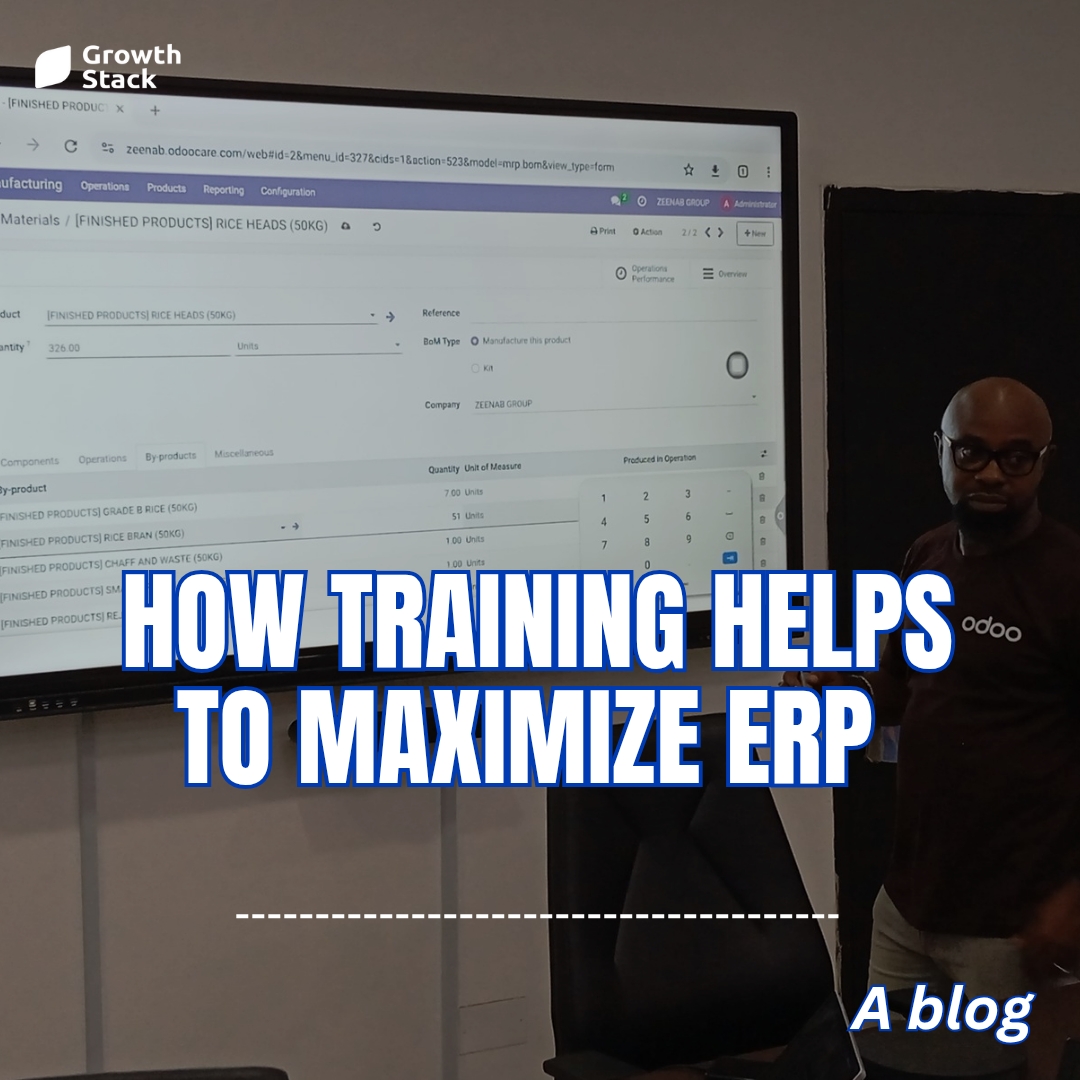Introduction:
Organizations encounter a variety of operational and financial risks in today’s dynamic business environment, which can have a substantial influence on their performance and sustainability. Many firms are turning to Enterprise Resource Planning (ERP) technologies to efficiently manage and minimize these risks. ERP solutions provide complete functions that assist businesses in identifying, analyzing, and mitigating operational and financial risks. In this post, we will look at how ERP systems can help with risk management, operational efficiency, and financial stability.
Improved Visibility and Control:
ERP systems provide real-time visibility into corporate activities, allowing firms to proactively detect possible risks. ERP provides a comprehensive perspective of the organization’s operations, processes, and transactions by aggregating data from many departments and functions. Because of this visibility, management may monitor key performance indicators (KPIs) and quickly spot any deviations or abnormalities that may signal operational or financial problems. ERP systems increase internal controls and reduce the risk of fraudulent actions by utilizing centralized control and access controls.
Streamlined Compliance Management:
Organizations must comply with industry laws, legal obligations, and internal standards in order to avoid penalties and reputational damage. By automating and standardizing processes, ERP systems make compliance management easier. These systems are capable of incorporating regulatory requirements into workflows, ensuring that all relevant checks, approvals, and paperwork are in place. ERP systems enable transparency and ease regulatory compliance audits by including audit trails and reporting capabilities.
Integrated Risk Assessment and Mitigation:
ERP systems provide integrated risk assessment and mitigation capabilities that help to detect and manage operational and financial risks. These tools enable businesses to conduct risk assessments, estimate risk levels, and develop risk mitigation plans. ERP systems enable firms to effectively execute preventative measures, set risk controls, and monitor risk mitigation actions by centralizing risk-related information and integrating it to key business operations.
Efficient Financial Management:
Financial risks such as cash flow changes, credit risks, and market volatility can all have a substantial impact on an organization’s financial stability. ERP systems help to manage financial risks by providing accurate and timely financial data. Organizations can track cash flows, handle receivables and payables, and conduct financial analyses using integrated financial modules. This visibility enables firms to quickly identify and manage financial issues, make informed financial decisions, and put risk mitigation plans in place.
Supply Chain Risk Management:
ERP systems are critical in reducing supply chain risks. ERP systems enable firms to track and manage the flow of commodities, inventory levels, and supplier relationships by integrating supply chain operations. Businesses can spot possible supply chain disruptions such as delays, quality difficulties, or reliance on single suppliers using real-time data and analytics. ERP systems aid in the implementation of contingency plans, the diversification of suppliers, and the streamlining of procurement processes in order to successfully reduce supply chain risks.
Business Continuity Planning:
ERP systems aid in business continuity planning by offering the tools required to design and maintain comprehensive disaster recovery plans. These plans explain the measures to be done in the event of a disruption, such as a natural disaster, a cybersecurity incident, or a system failure. ERP systems enable firms to back up essential data, establish redundancy measures, and assure continuous operations. Organizations may respond swiftly to disturbances and reduce possible losses by integrating business continuity strategies into the ERP system.
Data Security and Confidentiality:
Data security and confidentiality are prioritized in ERP systems, reducing the risk of data breaches and unauthorized access. ERP systems protect sensitive information and maintain compliance with data protection standards by implementing strict user access controls, data encryption, and frequent security updates. Organizations can reduce the effect of data breaches by centralizing data inside ERP systems, monitoring access logs, and implementing backup and recovery procedures.
Conclusion:
Mitigating operational and financial risks is critical for an organization’s performance and sustainability. ERP systems give a complete framework for identifying, assessing, and managing risks.













